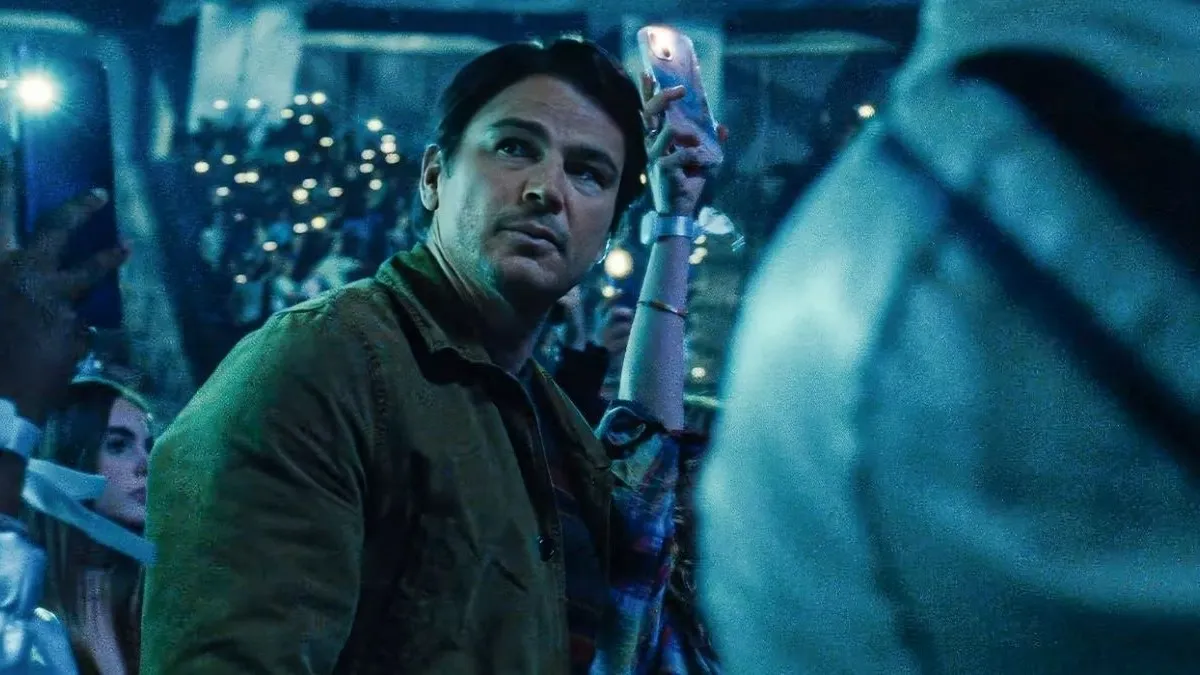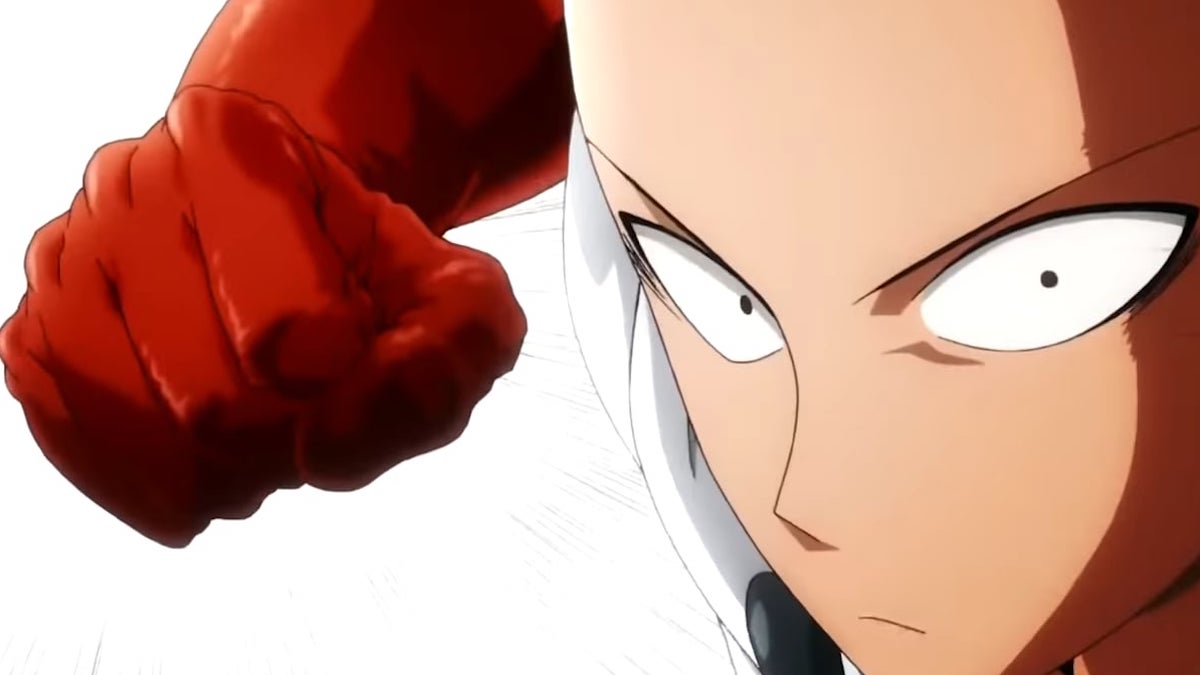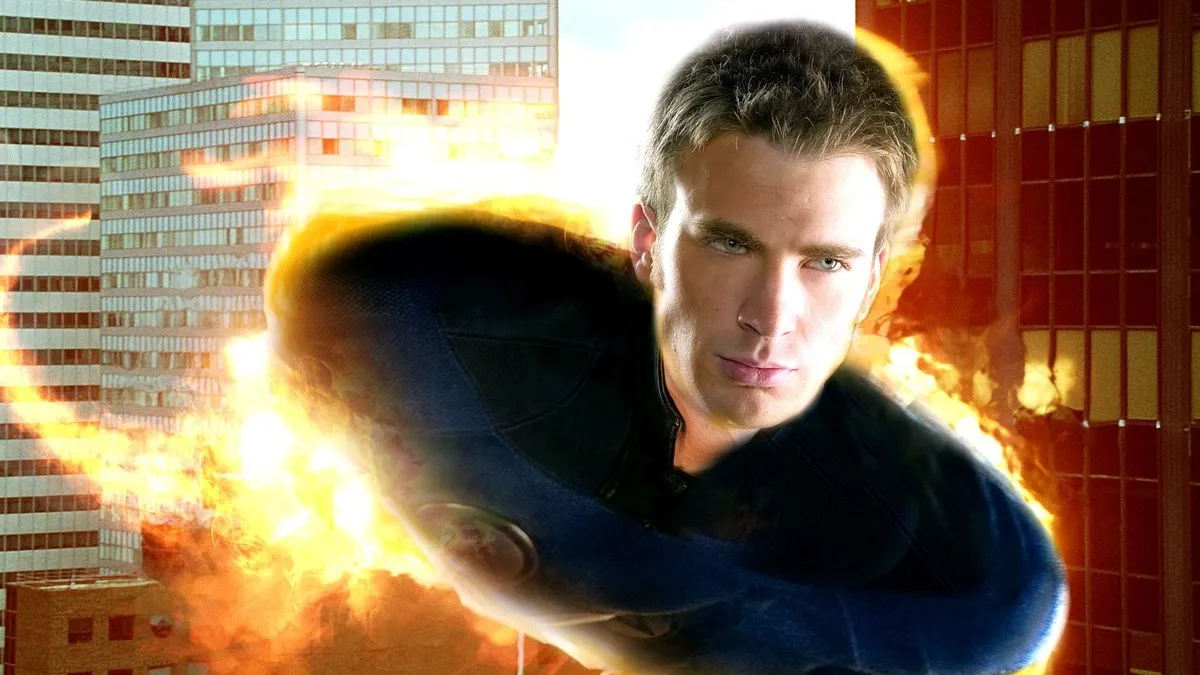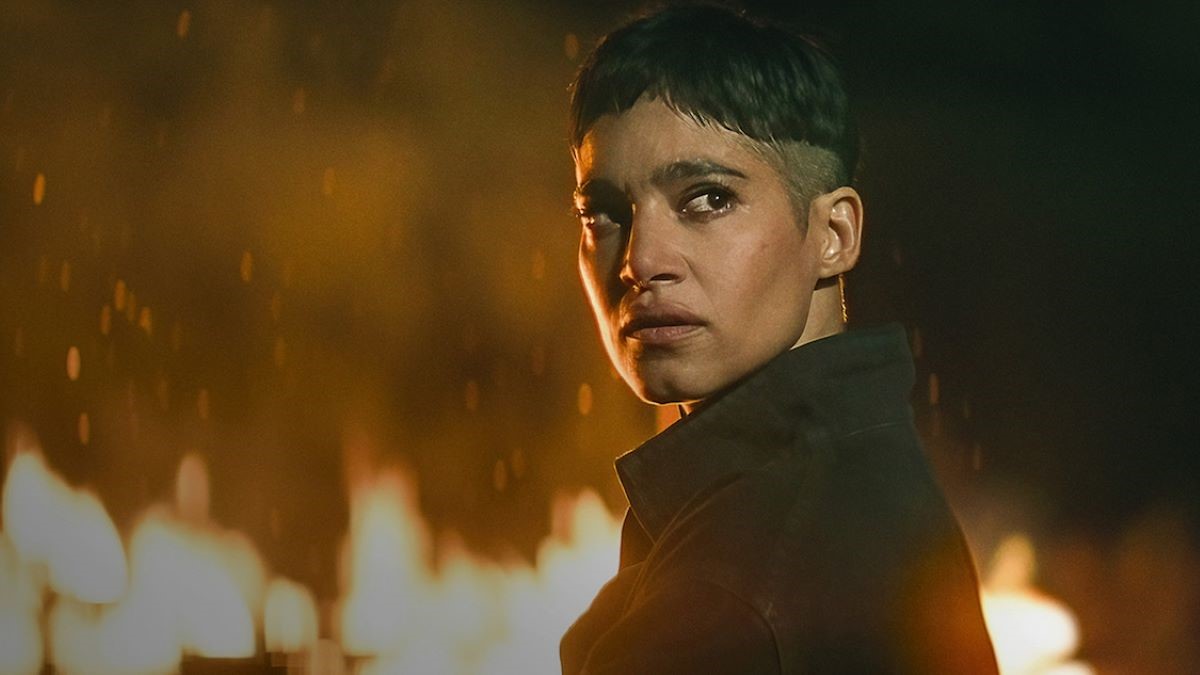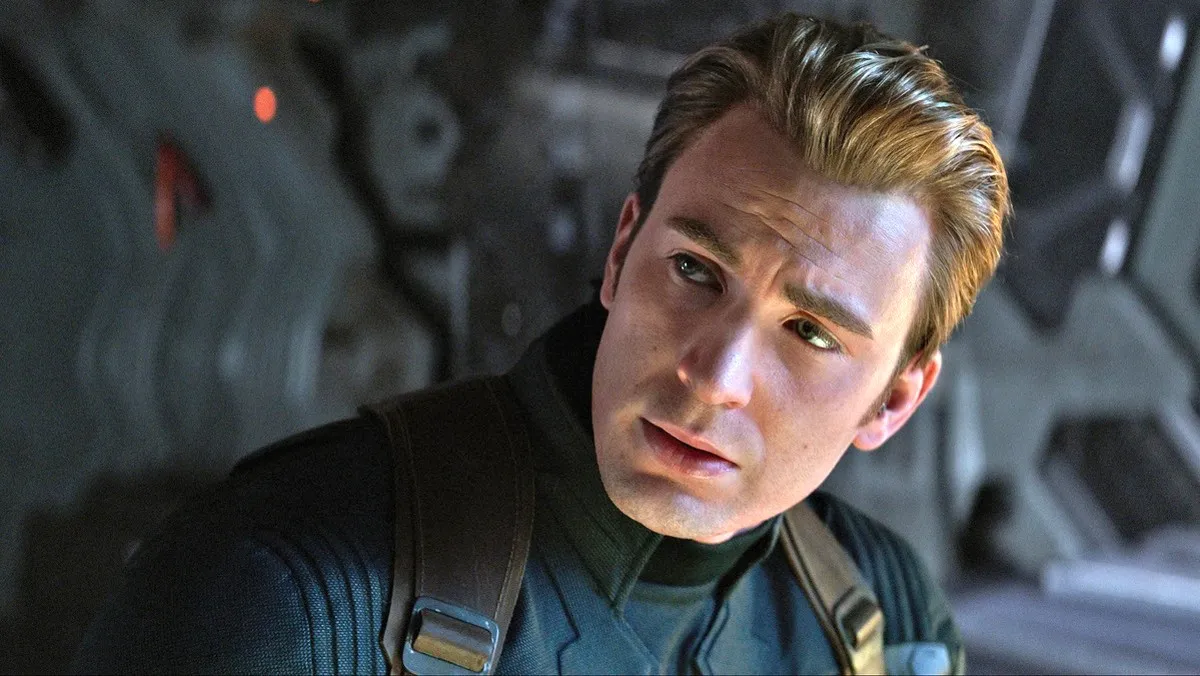Director Mia Hansen-Løve’s Things to Come (L’Avenir) is one of two dramas starring Isabelle Huppert to come to the New York Film Festival this year (the second is the very different Elle). It is Huppert’s undeniably riveting persona upon which Things to Come rests, as the film teases out her character’s complex strength and vulnerability into a fascinating character portrait of a woman on the edge of a changing life.
Huppert is Nathalie Chazeaux, a philosophy teacher in Paris married to Heinz (André Marcon), with two teenage children. Nathalie divides her time between teaching her classes, writing philosophical essays and textbooks, and taking care of her mother Yvette (Edith Scob), a depressive constantly threatening to commit suicide. Nathalie also has a warm relationship with her children and her former student Fabien (Roman Kolinka), a brilliant young intellectual and anarchist. But things begin to fall apart when Heinz confesses that he’s having an affair and plans to leave Nathalie, throwing their lives into…well, not quite tumult.
“Tumult” is what would happen were this a Hollywood film starring Meryl Streep and Alec Baldwin, but Things to Come is far subtler—and more French—than that. Nathalie reacts to her separation from Heinz with a certain degree of philosophical detachment; very little changes in their day-to-day lives, even as they go about dismantling twenty-five years spent together. Nathalie is distracted by further developments with her mother, who must be put into a rest home, and her tangential relationship with Fabien. While there are hints of attraction between the two, there are far too many boundaries to cross, and Nathalie herself seems more attracted to the life of the mind than the life of the heart or the body.
Philosophy and the conflict between radical thinking and the comfort of day-to-day life form an intriguing, though not entirely clear, through-line throughout the film. We first meet Nathalie and her family years before the main events at the grave of Chateaubriand; later, Nathalie grapples with student strikes outside her school, mirroring her own involvement in the ’68 protests, and Fabien’s more radical and stringent belief structures. Conversations about Rousseau abound, quotations and discussions about the difference between artistic and empirical truth partially illuminating the development of the plot. But Things to Come avoids over-intellectualizing Nathalie’s emotional experiences—she feels a great deal, and feels it deeply, each moment of anguish and ecstasy etched into Huppert’s alternately expressive and impenetrable face.

Things to Come declines to cast a clear philosophical light over its characters, rather integrating their intellectual lives into their lives as a whole. Though Nathalie approaches life with a certain degree of ironic detachment—and cultivates that in her students and children as well—she is profoundly human. Grief, for lost life and lost years, informs Nathalie’s experience and her development, but it does not possess her—there is no external questioning of her past, no regretting the decisions that brought her to her current life. She finds a certain kind of freedom in her various losses, even as they bring her pain.
While free from externalized emotional flourishes, Things to Come is still a moving film, both due to the power of the central performance and the even pacing of the plot. Space in particular plays a key role in the mis-en-scene—the spaces that Nathalie inhabits, the clean, almost stark world of her home and classroom at the beginning of the film, and the clutter that begins to fill her home as her husband departs and her life moves on. It’s oddly moving to see Nathalie’s reaction when she comes home to discover that her husband has taken all of his books from the shelves. He leaves imbalanced holes where they once were, books falling over without their mates and breaking up the pristine uniformity of the apartment. When Nathalie visits Fabien on his communal farm, she enters into a clutter of books, people, furniture, and food, as well as a clutter of philosophical ideas.
Nathalie herself subtly changes, though it is not the false shift of Hollywood melodrama, where austere women “loosen up” to become the free spirits of their youth. This is rather a graded change, an alteration that comes with a change in her personal world. It is neither good nor bad, but simply…is. Hansen-Løve’s camera treats this change with a love without reverence, allowing the main character to be human rather than symbolic. Nathalie is not every woman, yet the individualism of her story carries with it a certain universality of human experience. We will never experience exactly what Nathalie does, but we can understand and empathize with her.
Intellectually vibrant and emotionally complex, Things To Come is a luminous film drawn along by Huppert’s fascinating central performance and Hansen-Løve’s delicate script. The film does not seek for closure or resolution, but allows the world to carry on as it is: open, fluid. It implies a future that is not without hope, and not without despair.


